That is the sharing of Ms. Hoang Thi Luong - Principal of Tri Le Secondary School for Ethnic Minorities (Tri Le commune, Lang Son ).
Motivate students to strive
Tri Le Secondary School for Ethnic Minorities has a total of 265 students, with 9 classes. 100 ethnic minority students, mainly Tay Nung ethnic people.
Currently, the State pays special attention to investing in facilities for students in ethnic minority boarding schools, supporting students and teachers to feel secure in teaching and learning.
In the 2025-2026 school year, the school will invest in renovating the boarding rooms for students. Accordingly, the classrooms will be airy and clean, which is very important for the school to organize for students to eat and stay at school during the week. At the same time, maintaining better student numbers.
“Many students live 7-8km from school, the roads are difficult to travel, many roads have to cross rivers and streams, which are difficult to travel during the rainy season and prone to landslides, so if the boarding rooms are spacious and clean, parents and students will feel secure letting their children stay at school. In addition, this year many parents are very excited that the boarding rooms have been repaired and are more spacious,” Ms. Luong shared.
Ms. Luong added that during the admissions period, the school also invites students and parents to visit the facilities and teaching equipment. When they see that everything is complete, they feel secure in sending their children to school. With such investment, students have better learning conditions, favorable conditions to develop their abilities, leading to the quality of students being improved day by day.
Ms. Luong also added that the existence of boarding schools for ethnic minorities has changed a lot in the awareness and thinking of parents and students. In addition, the teachers working and teaching at the school are very excited.
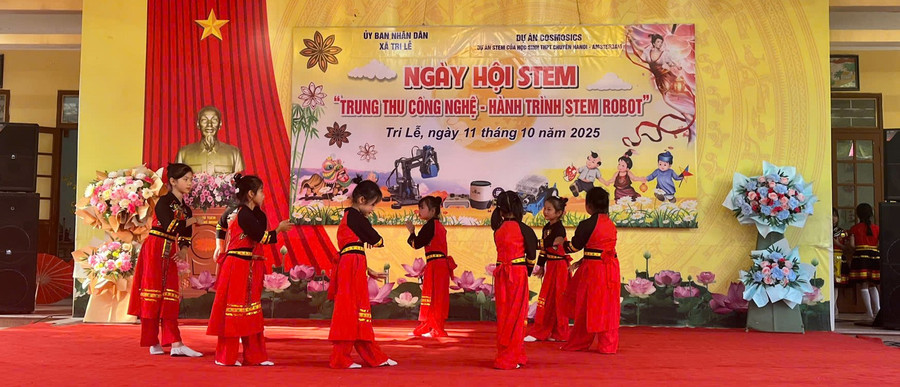
Schools are fully equipped
Ms. Hoang Thi Luong - Principal of Tri Le Secondary School for Ethnic Minorities said that when the school operates as a boarding school for ethnic minorities, the school is fully equipped with teaching equipment, creating favorable conditions for teachers to develop their professional expertise and carry out management work to help students learn better.
For ethnic minority boarding students, they spend most of their time at school, so in addition to extracurricular teaching activities, the school also organizes educational activities specific to boarding schools such as: organizing propaganda sessions, life skills education, extracurricular activities specific to boarding schools to preserve and promote national identity, foster love for the homeland, love for the class, teachers and friends, contributing to personality education.
In addition, thanks to the boarding school model, schools have solved the difficult problem of maintaining class sizes.
Ms. Luong shared: “Before the boarding model, it was very difficult for us to maintain class size. There were times when we taught during the day and went to parents' homes in the evening to encourage the children to go to school.
Due to the remote terrain, difficult transportation, and lack of schools, students do not have enough food and accommodation, leading to students dropping out. However, thanks to the boarding model for many years, we have maintained 100% attendance, no students have dropped out of school, teachers have to go to their homes to persuade them."
From the experiences, Ms. Luong believes that education in the highlands has changed dramatically. Especially the mindset of managers, teachers, staff, and people has changed. Parents and people feel secure and confident in sending their children to the school and the quality of local education.
Mr. Ngo Van Hien - Vice Chairman of Tri Le Commune (Lang Son) said: "The model of boarding school for ethnic minorities has helped many students in mountainous areas, especially poor students, to go to school and continue their dreams."
Mr. Hien added that the commune is difficult, mountainous and rugged, so many children's houses are dozens of kilometers away from school. Many children's parents work far away and cannot afford to take them to school every day, so the model of the ethnic boarding school has helped them feel secure going to school. In particular, children who go to school not only study but also receive adequate food and health care to develop comprehensively physically and mentally.
Source: https://giaoducthoidai.vn/mo-hinh-truong-dan-toc-ban-tru-tiep-suc-tro-vung-cao-den-truong-post752933.html


![[Photo] Collecting waste, sowing green seeds](https://vphoto.vietnam.vn/thumb/1200x675/vietnam/resource/IMAGE/2025/10/18/1760786475497_ndo_br_1-jpg.webp)
![[Photo] General Secretary To Lam attends the 95th Anniversary of the Party Central Office's Traditional Day](https://vphoto.vietnam.vn/thumb/1200x675/vietnam/resource/IMAGE/2025/10/18/1760784671836_a1-bnd-4476-1940-jpg.webp)
![[Photo] Closing ceremony of the 18th Congress of Hanoi Party Committee](https://vphoto.vietnam.vn/thumb/1200x675/vietnam/resource/IMAGE/2025/10/17/1760704850107_ndo_br_1-jpg.webp)


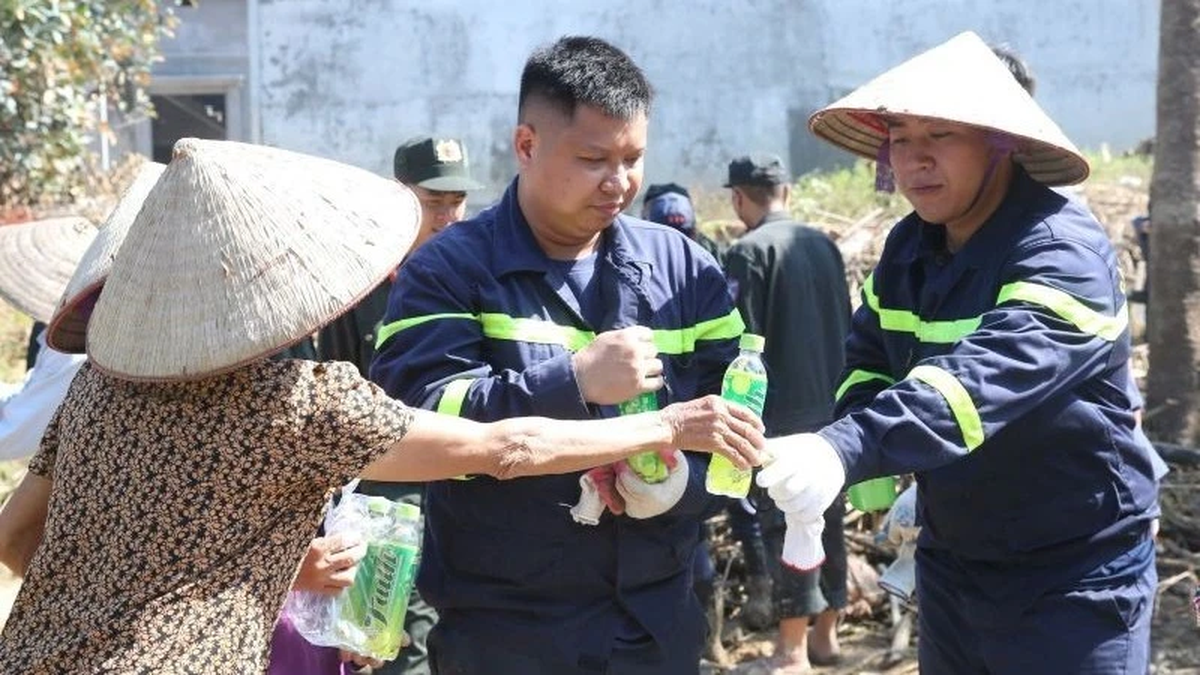
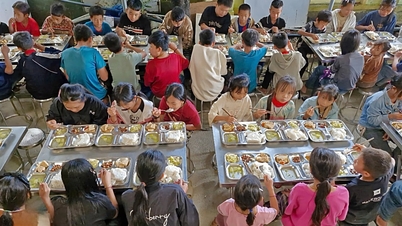


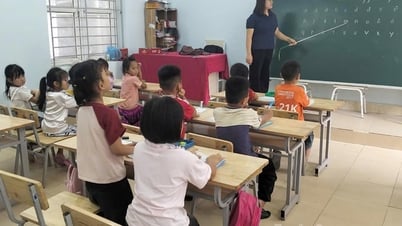

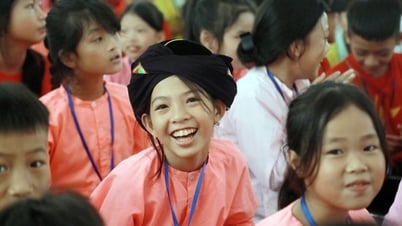

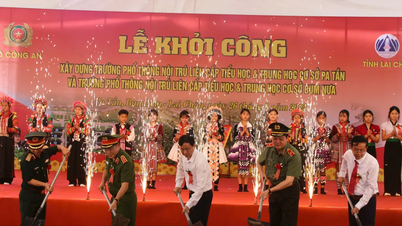




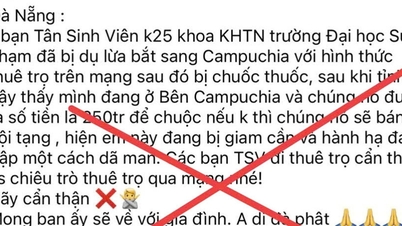

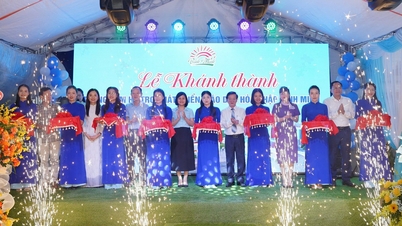





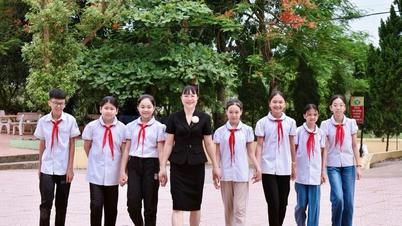
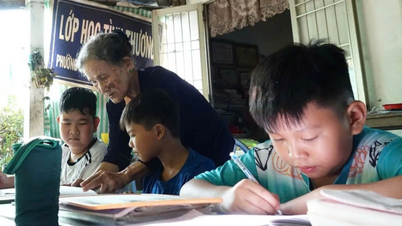


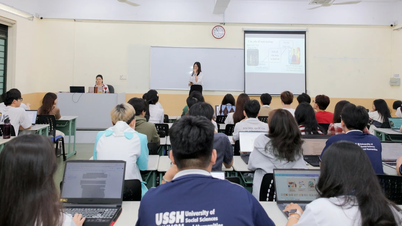


































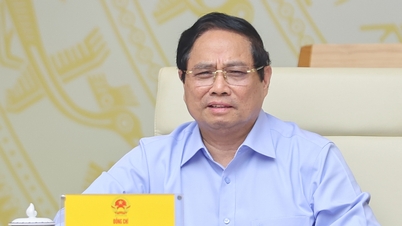


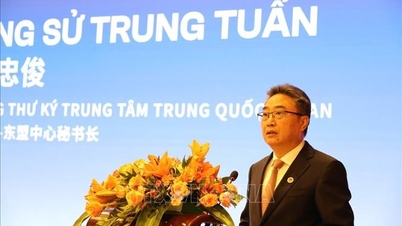

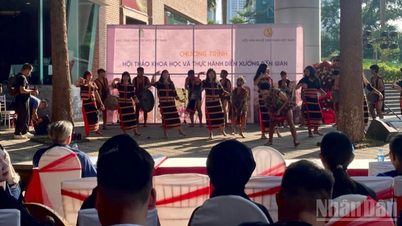











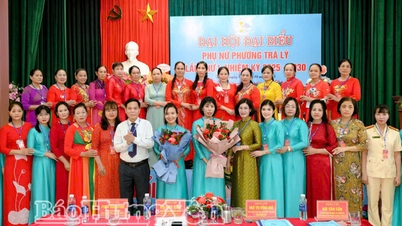
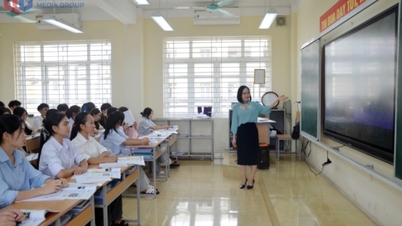

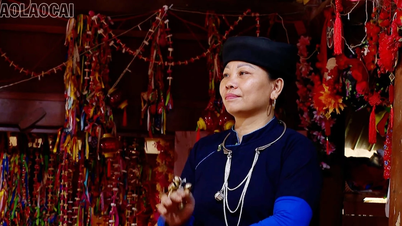













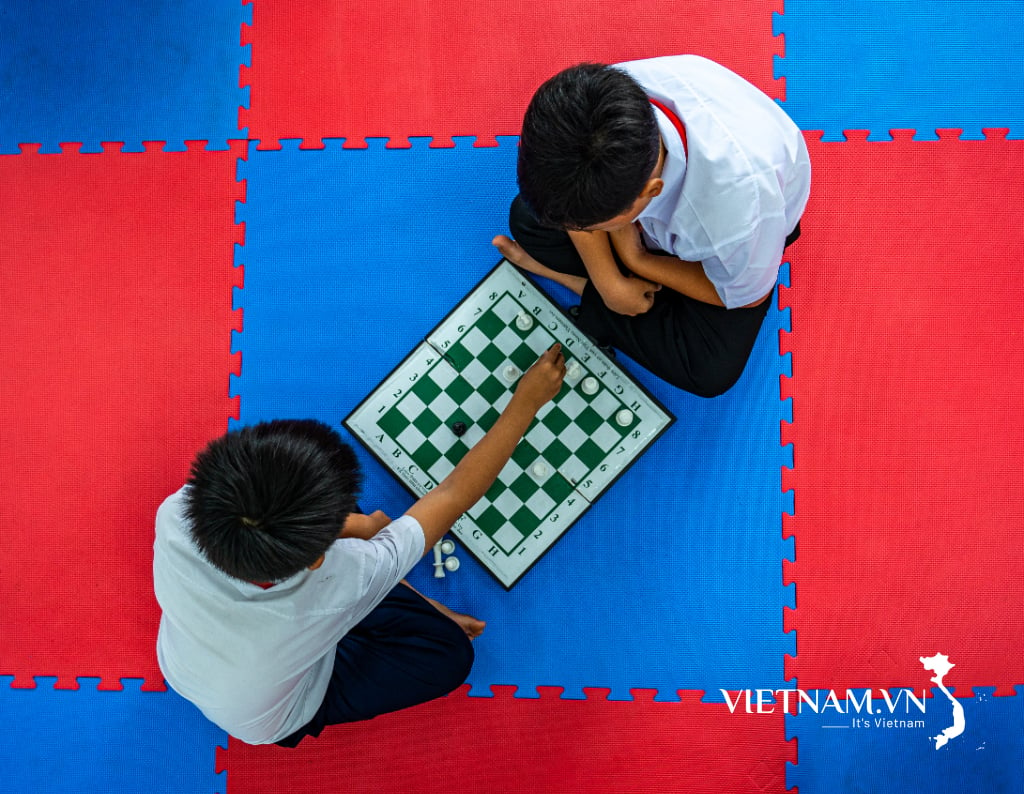



Comment (0)